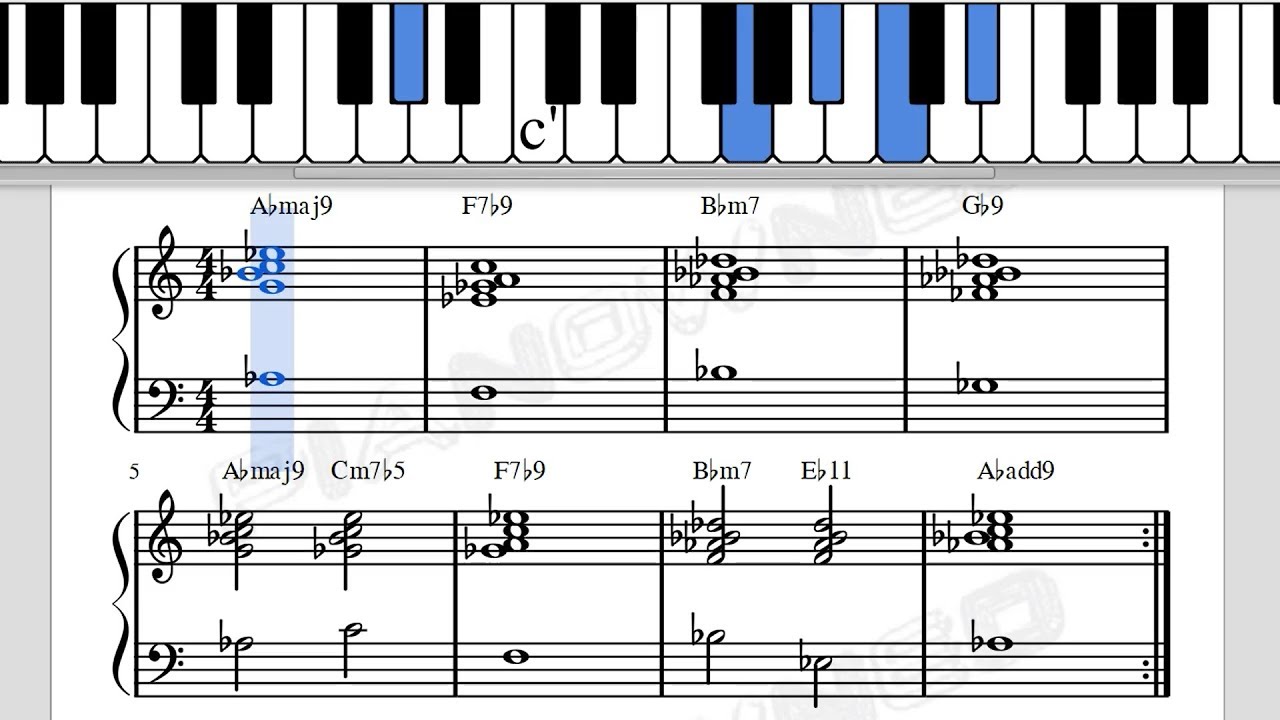Chords and Harmony on Piano
Learning chords and harmony is key to making your piano playing richer and more musical. Chords form the building blocks of songs, while harmony adds depth and emotion.
What Are Chords?
Achord is a group of notes played together, usually three or more. The most common chords are:
• Major Chords -happy and bright sounding
• Minor Chords -Supports smoother scale and chord transitions
What Is Harmony?
Harmony happens when two or more notes or chords are played together to complement the melody. It gives music fullness and complexity, turning simple tunes into captivating pieces.

How to Practice Chords and Harmony
• Start by learning basic major and minor chords (like C, G, Am, F)
• Practice switching between chords smoothly
• Play chords along with simple melodies orpiano simple songs to playExplore playing two-hand harmony: melody with right hand, chords with left hand
Example: Playing “Twinkle Twinkle Little Star” with Chords
Try playing the melody of “Twinkle Twinkle Little Star” with your right hand. Meanwhile, use your left hand to play these chords in this order:
C major - F major - C major - G major - C major
This simple harmony adds a rich background and makes the song sound fuller. Practicing this will improve your coordination and musical understanding.
Why Chords and Harmony Matter
Chords support the melody, giving songs emotional power. Understanding harmony helps you create your own arrangements and improvise with confidence.